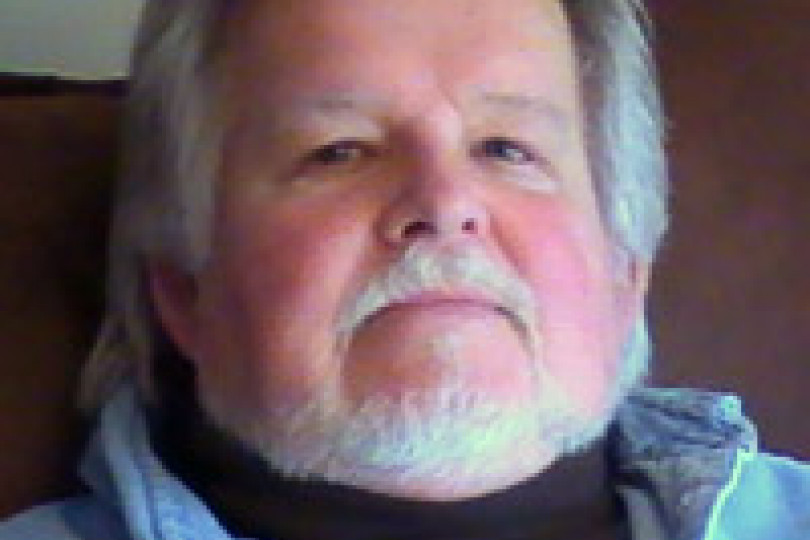Worker promotes free medical screenings after being diagnosed with Chronic Beryllium Disease
IT WAS TAKING control of him, and he was starting to believe he didn’t have much time to live. The once mysterious illness that had affected his ability to work was growing worse. So Steve Lindley did the only thing he’d been known to do — he kept going.
The symptoms of his illness began appearing almost immediately following the eight months he spent on the Department of Energy’s (DOE) Savannah River site located in Aiken, South Carolina. In 1978, the site was bustling with the construction of holding vessels for spent uranium.
A National Transient Division Boilermaker by trade, Steve was dispatched out of Local 687 (Charleston Heights, S.C.) to help build the vessels that would store hazardous material in the F-Area, better known as the Tank Farm. What he didn’t know was that these vessels were being constructed with a high concentration of beryllium, a chemical element that can cause permanent and devastating respiratory problems when its microscopic metal shavings are inhaled. It is the same substance that stared Steve in the eyes on a bright day when a ray of sunlight shone through a manhole in the tank, and the welding dust glistened “like a snow shower.”
With no personal protective equipment, he sensed that this was a bad omen. Even though symptoms surfaced quickly, Steve ignored a visit to the doctor until 1993. But even in 1993, Chronic Beryllium Disease (CBD) was unfamiliar to doctors, causing them to misdiagnose him with sarcoidosis, an abnormal immune response characterized by inflammation.
“It wasn’t until I got to doctors who knew about DOE work that I got answers.”
It wasn’t until Steve learned about the Building Trades National Medical Screening Program (BTMed) that he stepped onto a path towards the truth. The BTMed was able to offer him answers to the questions he had about his health problems. Steve enrolled in the program and went through its two steps: a work history interview and a medical exam.
In step one, a work history interview is conducted to determine what exposures the former worker may have encountered while working on a DOE site. The interview can be completed in-person, on the telephone, or on a secure website.
In step two, the worker receives a free medical screening exam at a nearby clinic to test for illnesses that may have developed from work exposures, as well as other more common health problems. Following the exam, the participant receives a letter indicating any medical findings.
After receiving a results letter stating that he had been sensitized to beryllium, Steve filed a claim under the Energy Employees Occupational Illness Program Act (EEOICPA), prompting the Department of Labor to send him for further testing, which resulted in a diagnosis of CBD. “It wasn’t until I got to doctors who knew about DOE work that I got answers,” he said. “It’s like if you get bitten by a snake, you need to go to a doctor who’s around snakes.”
Through EEOICPA, Steve was compensated for his illness, though as he said, “I’d gladly pay it all back just to be able to jog around the block.”
But for Steve, it’s not over. His experience has convinced him to lead other workers to the program. “I’m trying my best to contact as many former DOE workers as possible to say, ‘Hey, you need to go through the BTMed and get screened. I’ve already been successful with one of my good friends, and I’m going to make every effort to track down my old co-workers so I can tell them about this program.”
After finding long-awaited answers to questions about his health and then persisting until he received compensation, Steve finally deserves his time to relax. But that’s not what he will do. Instead, he’ll keep going.
Are you one of those former DOE construction workers he’s trying to reach?
If you worked at one of the covered DOE/AEC Sites listed, please contact the Building Trades National Medical Screening Program, 1-800-866-9663, www.btmed.org.
The BTMed Program is coordinated by CPWR – The Center for Construction Research and Training and supported by the Building & Construction Trades Department of the AFL-CIO.






